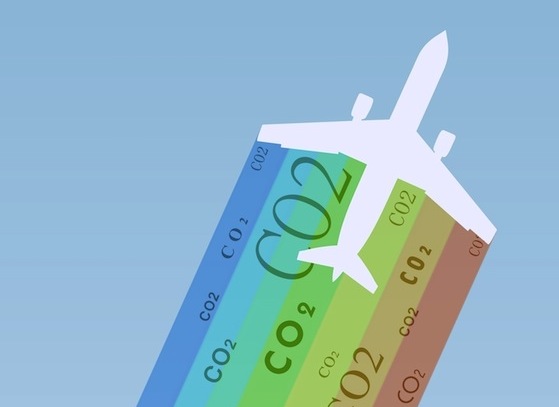It’s almost November, ten weeks into the semester and the work load is increasing exponentially. You realize you have yet another exam next week, but you are totally lost in the course content and do not even know how to start preparing for this exam. What if you fail? Should you late drop the class? If you don’t get at least an A- your GPA will suffer, and that is not an option. Panic starts taking over your mind as you contemplate how you are ever going to survive. This is a perfect example of stress.
Life is full of hassles, deadlines, demands, and frustrations. These incidences in life cause stress, and if you are constantly stressed, your mind and body will pay the price. Stress is a physical response to events that upset your balance in life in some way. Our body’s defense mechanism kicks in when we feel this way and we go into a “fight- or -flight” mode also known as stress response. Stress response can be beneficial because it gives us the motivation to get a task or job done. But stress is only helpful to an extent, beyond a certain point it can cause major damage to your health, mood, relationships, productivity, and quality of life.
If you have a lot of responsibilities and worries, your stress response may be “on” most of the time. The more your body’s stress system is “on”, the harder it is to shut down. This is when chronic stress occurs. It can lead to serious health problems because it disrupts nearly every system in the body. Symptoms include raised blood pressure, weakened immune system, increase risk of heart attack and stroke, infertility, insomnia, cancer, depression, hair loss, Alzheimer’s disease, asthma, and weight problems.
Stress is the number one leading cause of death in the United States. The American Psychological Association reported that 110 million people around the world die annually due to stress. That equates to about 7 people dying every two seconds. Around 800,000 people commit suicide in a given year, almost always due to some sort of stress factor in their lives. These are astonishing amounts. And if it’s not suicide that is taking lives, it is the other health complications.
So what can we do for ourselves to ensure that we will not fall victim to the effects of chronic stress? There are numerous methods, but one really stood out. Exercise is said to be the most effective method to reduce stress levels. Aerobic activity increases blood circulation and flow throughout the body, which can increase energy, concentration levels and lessen feelings of anxiety. Physical activity also heightens your body’s production of good-feeling endorphins, and decreases the production of stress hormones. Learning how to manage stress is key in order to avoid the potentially deadly health problems it causes.
http://www.apa.org/helpcenter/chronic-stress.aspx
http://www.helpguide.org/articles/stress/stress-symptoms-causes-and-effects.htm
http://www.jonburras.com/pdfs/THE-FIVE-LEADING-CAUSES-OF-DEATH.pdf
http://www.apa.org/news/press/releases/stress/2011/impact.aspx









